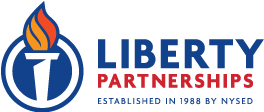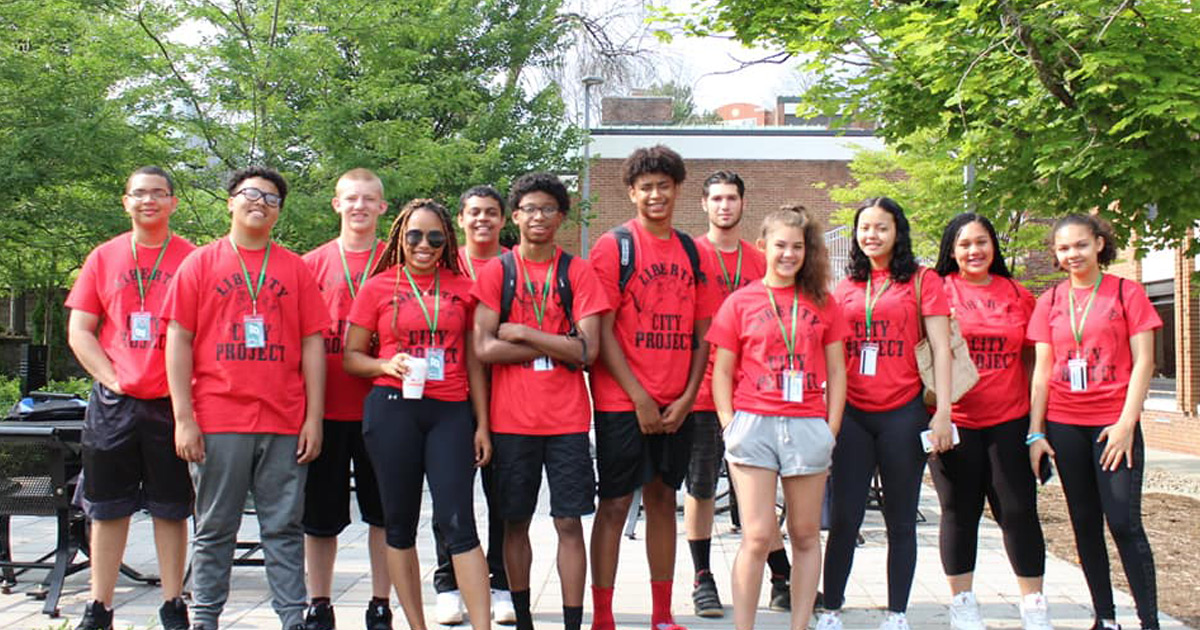LPP offers holistic, research-based, pre-collegiate/dropout prevention programs and services to school-age students across New York State. These programs support students’ overall social, emotional, academic, and vocational development, along with offering resources to families as well. In addition to school year support to over 15,000 middle and high school students, LPP offers targeted summer programs focused on continued growth and development for 3,000 college-bound seniors to avoid what is called, “Summer Melt.”
Summer Melt is the term used to describe the sharp decrease in the number of college-bound seniors who decide not to attend college at some point between high school graduation and the start of college. It also affects seniors who are slated to begin working after graduation. This issue, which impacts around 10-20% of students who intend to attend college (this number may rise to as high as 40% in underrepresented populations), is exacerbated by lack of accountability and structure over the summer. LPP summer programs seek to maintain plans and growth with college and employment bound students to support them during the transition and offer the resources they need to successfully move on to the next phase of their future.
One of the most necessary components of the Summer Melt programming is a structured outreach plan to connect with recent high school graduates. LPP professionals are given a specific timeline and talking points to help students stay on their path for college or employment. These check-ins cover topics ranging from college orientation plans and housing to health insurance and last-minute college needs. LPP also understands that the needs of those entering the workforce are different than those headed for higher education, and so LPP professionals are prepared. A separate list of workforce concerns includes resume building and interview preparation. To supplement these check-ins, select LPP sites offer summer workshops that address issues related to adult life skills, including financial literacy, housing options, buying a first car, etc.
In 2019, LPP launched a new initiative to incorporate Summer Melt programming into each of the 46 sites statewide, so all 3,000 LPP seniors would have equal access to transition support. This initiative was led by the LPP Summer Melt Sub-Committee, which is comprised of LPP professionals from across the state. As a part of this structured approach, sites offered a variety of programs focused on simply staying in contact with graduating students, like Binghamton University’s LPP dinner and a movie for seniors.
While LPP devotes time and energy in the summer months to avoiding melt, sites also develop significant summer programs devoted to engaging and enriching the lives of their younger students. Through these summer enrichment programs, students maintain contact with their support teams, engage in fun and meaningful experiential learning, and increase their connection to education.
Binghamton University’s LPP site ran several five-week summer programs, serving 60 LPP students. Participating students were involved in paid positions through an ongoing partnership with BOCES. Programming focused on community engagement through community service projects and the development of empathy. Community service projects took place at sites such as Humane Society, Veterans Home, Meals on Wheels, Mother and Babies, A New Hope Center, and the Boys and Girls Club. Students also went on educational field trips and presented on their summer experiences at the Liberty Expo at the end of the summer.
Many sites also focused on utilizing New York State’s unique resources, ranging from agriculture to technology. Through Le Moyne College LPP’s Summer 2019 “Farm to Table” programming, students learned about central New York’s agricultural resources, completed community service at Brady Farm, and studied nutrition with Cornell Cooperative Extension. In August, Le Moyne LPP also presented a college and employment workshop series on campus. Further south, Laguardia Community College engaged students with guided tours of Times Square and the 9/11 Memorial, and tours of NBC studios with discussions about the hundreds of potential associated careers.
Whether the sites focused on engaging middle and high school students in long-term camp-style programs or brief experiences, they all shared the common goal of maintaining a sense of community and supporting the individual needs of their students.

